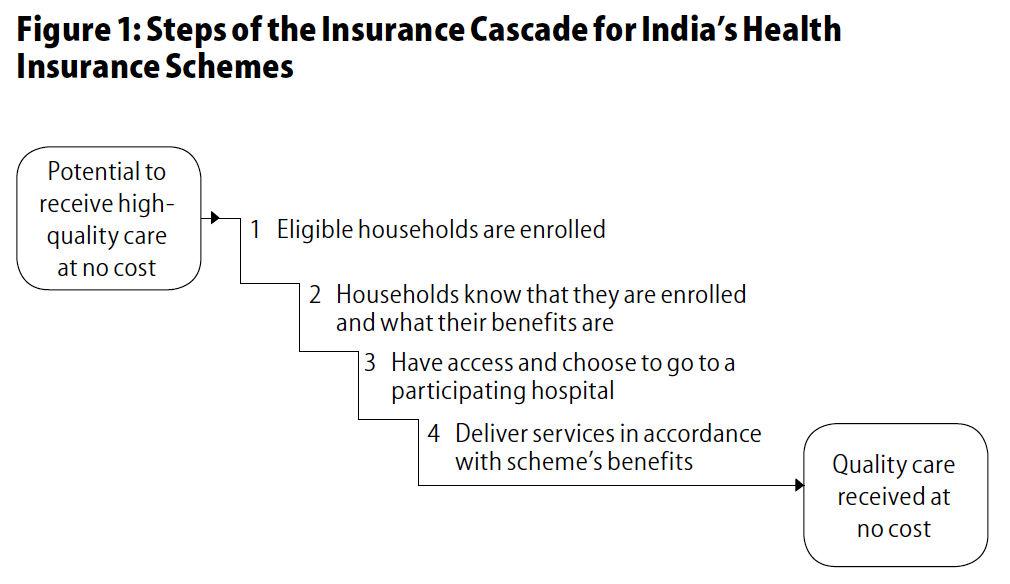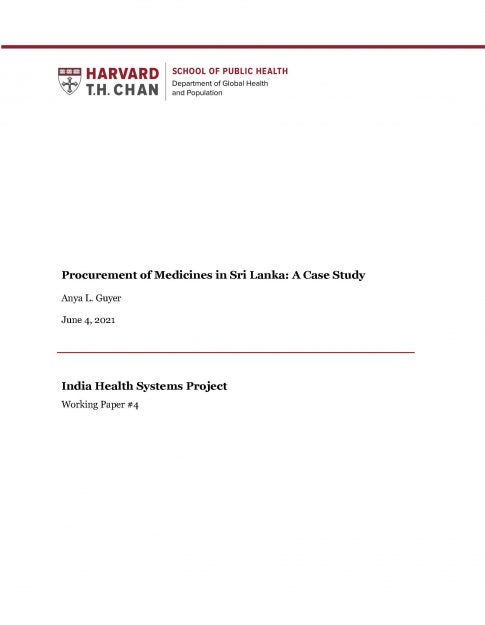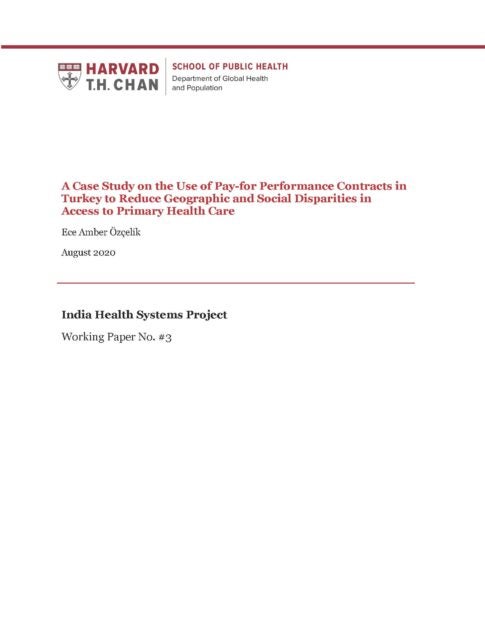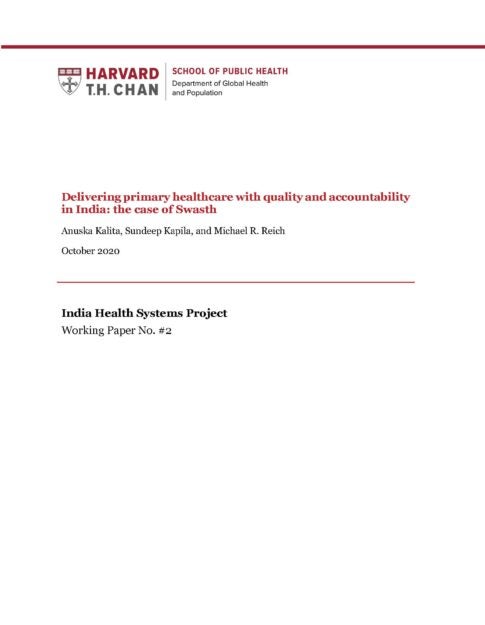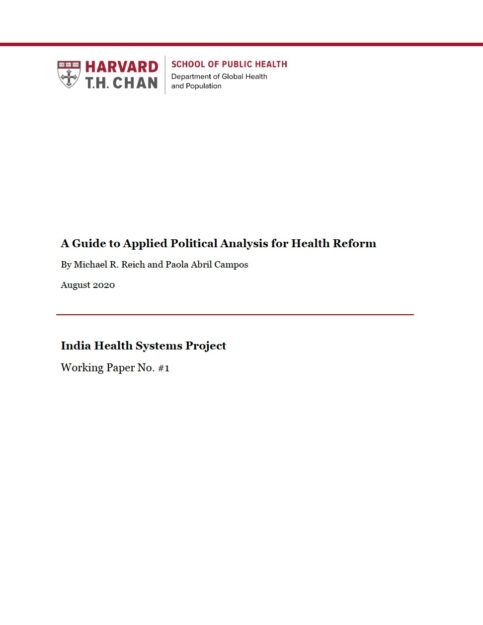Faculty member Dr. Sebastian Bauhoff published a piece recently in Economic and Political Weekly providing an insurance cascade as a framework to understand and assess bottlenecks in accessing public health insurance in India. An array of bottlenecks has ensured that the numerous health insurance schemes introduced over the years have failed to make any significant dent on the health sector. This article tries to assess these problems by using the…
Continue reading “EPW: Evaluating Health Insurance Programmes – An Insurance Cascade Framework”
